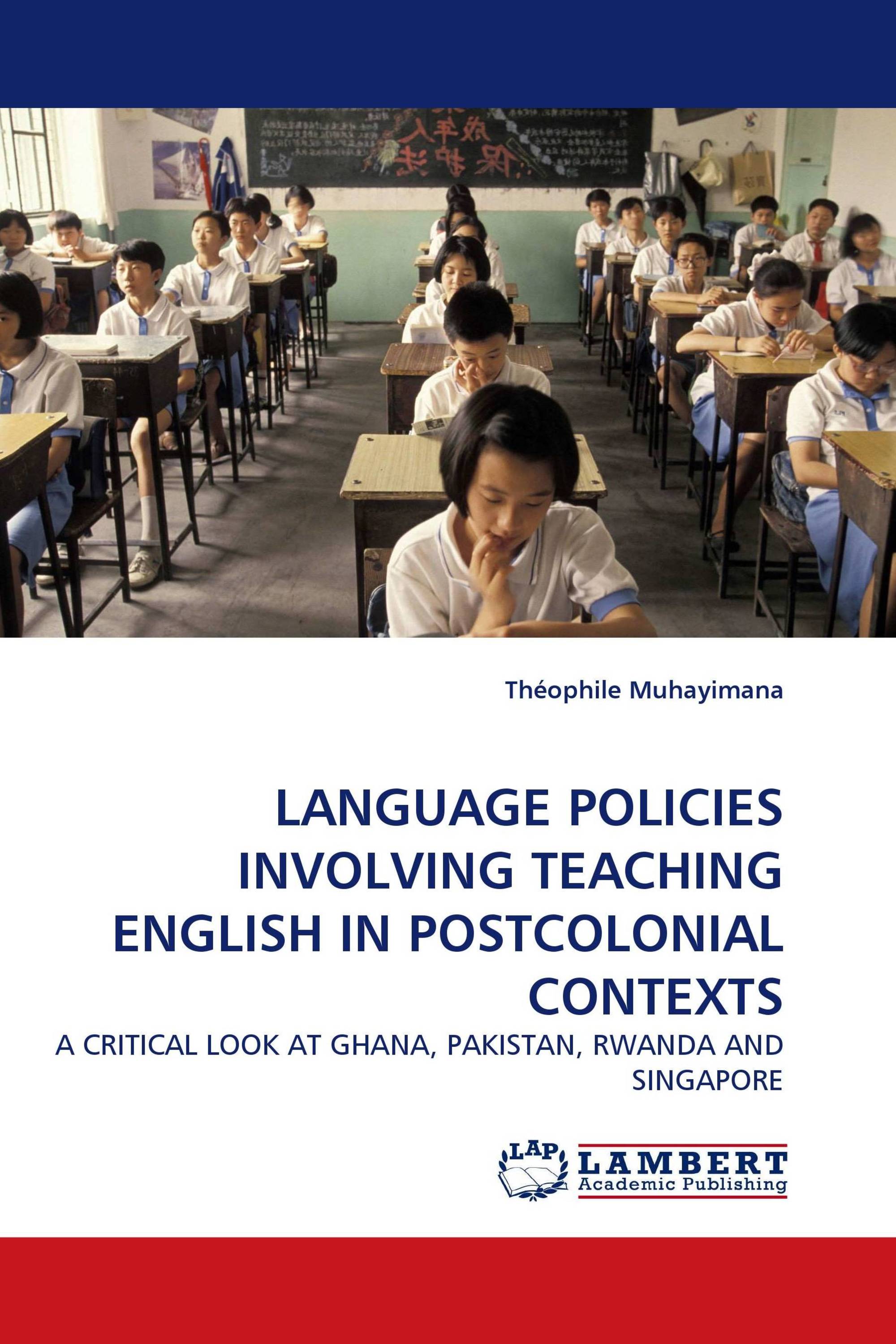LANGUAGE POLICIES INVOLVING TEACHING ENGLISH IN POSTCOLONIAL CONTEXTS
A CRITICAL LOOK AT GHANA, PAKISTAN, RWANDA AND SINGAPORE
LAP Lambert Academic Publishing ( 2011-01-12 )
€ 68,00
Since the mid 20th century, English language expansion has been exponential in terms of both L1and L2 speakers; it has permeated societies everywhere, and is predominantly used worldwide in all sectors of life and knowledge. This has, of course, led to a global movement in education and curriculum change, as societies struggle to implement education policies that will lead their people to build competence in English. In this context, the present work attempts to look into language education policies that have been undertaken in the four countries under study: Ghana, Pakistan, Rwanda and Singapore. First, the book describes language policies involving teaching English as a foreign language in the four countries. It then discusses strengths and weaknesses of the policies as it also explores reactions from scholarly and public domains to each country’s language policies, with focus on English language teaching. Finally, after shedding light on the pedagogical complexities and implications of the policies, the work offers a set of recommendations to be observed as guides in developing and implementing any policy involving teaching English as a foreign language.
Book Details: |
|
|
ISBN-13: |
978-3-8433-8952-5 |
|
ISBN-10: |
3843389527 |
|
EAN: |
9783843389525 |
|
Book language: |
English |
|
By (author) : |
Théophile Muhayimana |
|
Number of pages: |
188 |
|
Published on: |
2011-01-12 |
|
Category: |
Economics |




